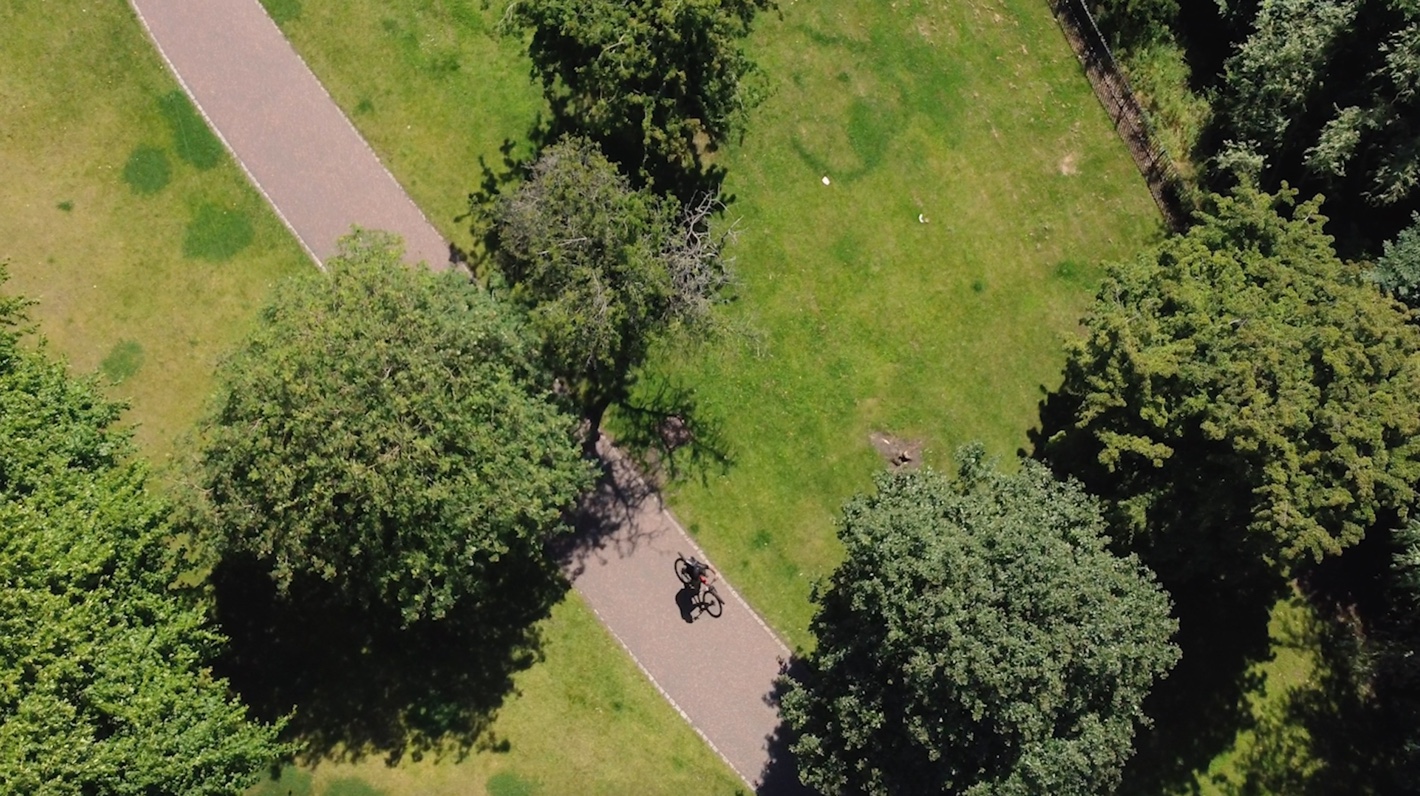
What’s Next for RBS?
RBS has announced that despite this being another terrible year for them, they are still going to pay out out huge bonuses to their ‘top’ fat cat bankers – amazing that they can still afford to do this on top of their whopping £391m Libor fine.
In the press there has been speculation as to the process for handing the bank back to the private sector. Inevitably we, as taxpayers, will never recover the full £45bn bailout but there should be some money coming back into the public purse. Or perhaps not if reports are to be believed.
It was initially assumed that money returning would be invested in healthcare, education and so forth. However an alternative has been suggested. The proposal is to recoup what we can, and give each UK taxpayer an equal cash payout. This could mean that we all receive around £300-£400. A nice little sweetener, and just before the election.
This could prove a good vote winner, but is this really the best use of public money? There would inevitably be some rhetoric that this would help boost our economy, which is true to some extent.
But the fact remains that this money was raised from taxpayers to be spent on education, welfare, health, etc. Since the RBS bailout in 2009 we have seen drastic cuts across all areas as the austerity program was rolled out. This has meant job losses, reductions in working hours and salary freezes for millions across the UK. A few hundred pounds would, I’m sure, be very welcome for those who have been suffering during the recession – however perhaps the money would be better invested in securing long term job security and increasing support for getting people back to meaningful and paid work. Surely this would prove to be the most sustainable and sensible boost to our economy?
Over the last few years FoES has been campaigning for change in RBS. In 2009 RBS loaned money, which was put into both the Canadian and Madagascar tar sands. Recently RBS have chosen not
to directly invest in a new tar sand development in Madagascar – most likely because of the backlash they had from earlier investments. Sir Philip Hampton recently equated tar sand investment to landmine investment – showing they are listening to public opinion.
This is a small victory, but RBS still need to clean up their act and take responsibility for the money they invest. Before we hand back our share, we need to ensure RBS is stable and sustainable – both financially and environmentally.
